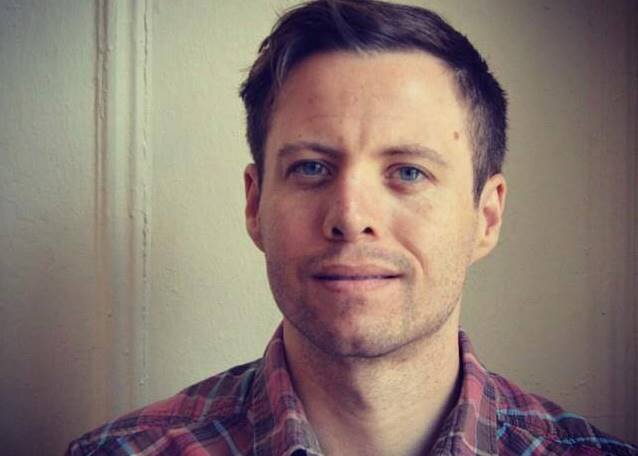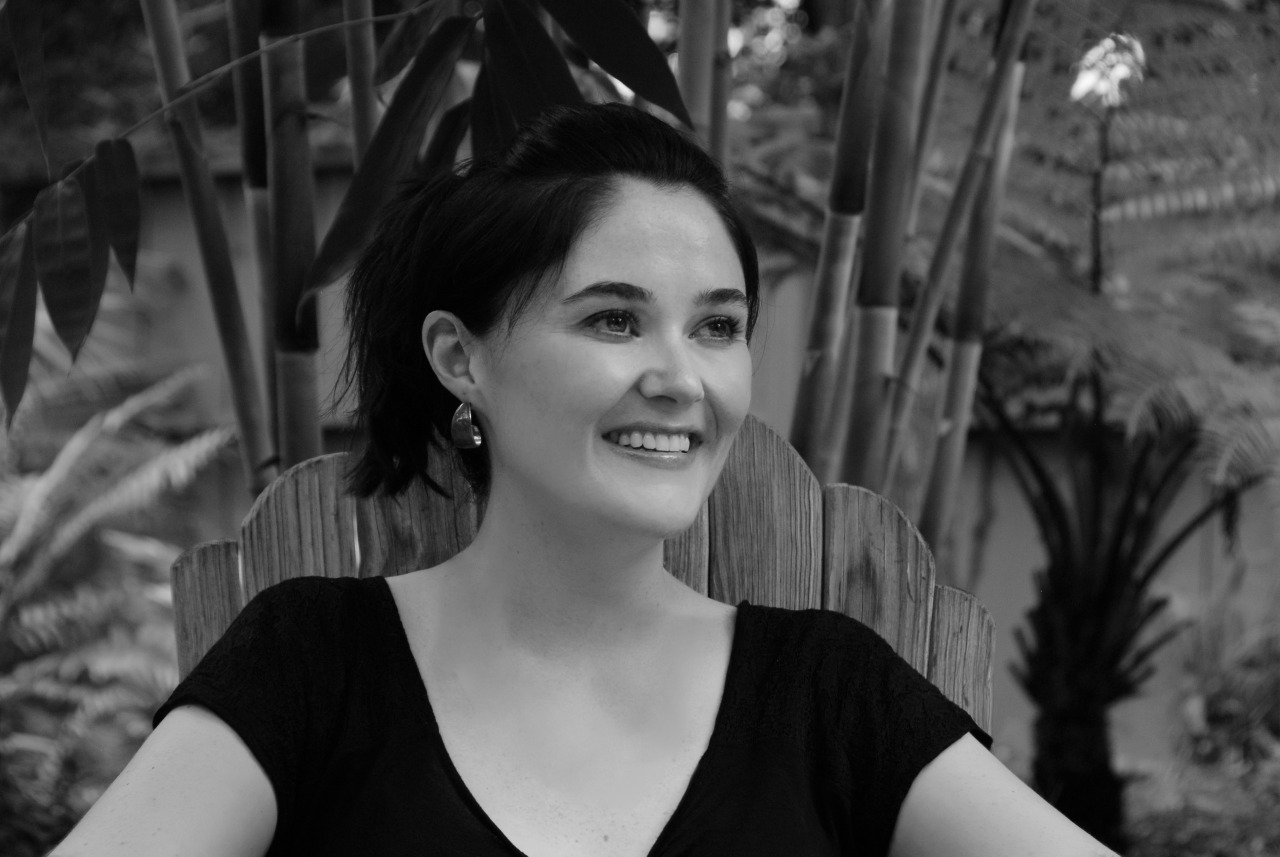 Keegan Lester
Keegan LesterThe first time I ever met Keegan Lester I was a daunted rural visitor to New York in the crushing heat of a mid-July. The impromptu tour he gave me of his favorite haunts near Columbia University (his MFA alma mater), was an unexpected gift – and the introduction to a poet whose work, perhaps more than that of any poet I’d met, mirrors his character: fierce in its insistence on gentleness, conscientious through its softspokenness, and present and alive to the world. These things made me all the gladder that Keegan’s first book of poems, this shouldn’t be beautiful but it was & it was all I had, so I drew it, had recently won the Slope Editions Book Prize ( available for pre-order here and due for release in the coming month). In the spirit of the new year and with Keegan’s encouragement, I’m introducing multimedia to the Primal School blog with these videos he recorded. In them he discusses his love of home as an idea as well as a place we choose -- the notion that “home”, no matter how small, can be a conduit for storytelling, for sharing, and for exploring those sadnesses, elations and struggles which make people more aware of their alikeness in a time of bitter polarization and difference. I personally feel lucky to have been a recipient of his “ocean’s newfound kindness.” – HLJ
===
so the sailors went home.
No one jumped from cliffs anymore.
People stopped painting and photographing the ocean
because the sentiment felt too close to a Hallmark card.
Everyone had treasure because
it was easy to find,
thus the stock market crashed.
Then the housing bubble burst
mostly not due to the ocean,
though one could speculate pirates
were going out of business and defaulting on loans.
When I say speculate, I mean I was reading
the small words that crawl at the bottom
of the newscast, but I was only half paying attention
because Erin Burnett was speaking
and she’s the most real part of this poem.
I’m speaking in metaphor of course.
The end of the world is coming
seagulls whispered to the fish
they could not eat due to their fear
of the ocean’s newfound kindness.
One of my professors spoke today.
She hates personification, treasure and linear meaning.
She hates poems not written by dead people.
She hates the ocean’s newfound kindness,
she wrote it on my poem.
Not everything can be ghosts and pirates, she says.
But that’s why I live here.
My rhododendron has never crumpled in the summer.


